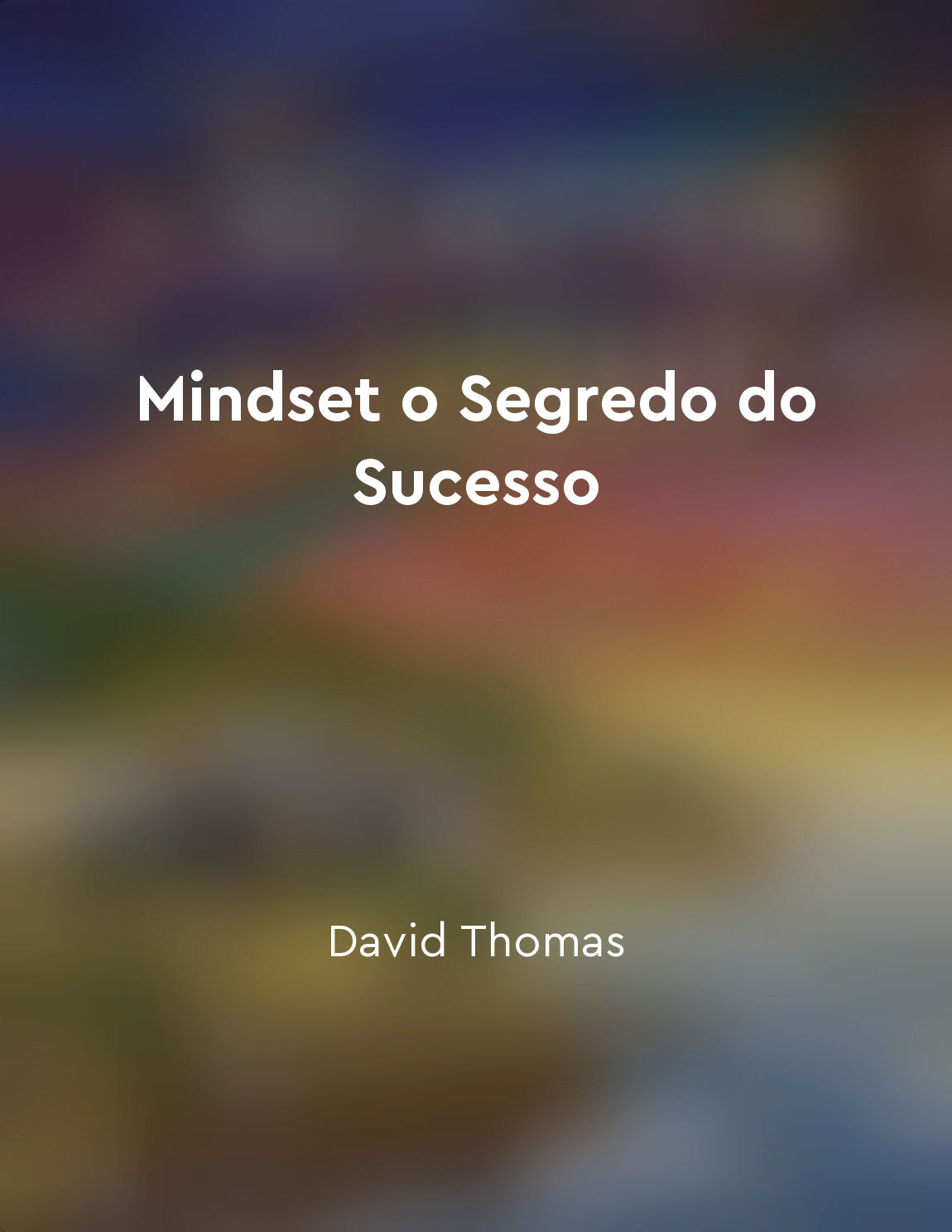Practice selfawareness from "summary" of Don't Believe Everything You Think by Joseph Nguyen
Self-awareness is the cornerstone of personal growth and understanding. It is the ability to recognize and understand our thoughts, emotions, and behaviors in the present moment. By practicing self-awareness, we can gain insight into our patterns and reactions, allowing us to make more conscious choices in our lives. It involves being honest with ourselves and taking the time to reflect on our experiences without judgment. One way to practice self-awareness is through mindfulness meditation. This involves paying attention to the present moment without getting caught up in our thoughts or emotions. By observing our thoughts and feelings without attachment, we can gain a greater understanding of ourselves and our inner workings. This practice can help us become more aware of our triggers and emotional responses, leading to more intentional behavior. Another way to cultivate self-awareness is through journaling. Writing down our thoughts, feelings, and experiences can help us process and make sense of them. By regularly reflecting on our journal entries, we can identify patterns and gain insight into our behaviors. This practice allows us to track our progress and growth over time, providing a valuable tool for self-discovery. In addition to meditation and journaling, seeking feedback from others can also help us increase our self-awareness. By listening to the perspectives of those around us, we can gain insight into how others perceive us and our actions. This feedback can help us see blind spots and areas for improvement that we may not have noticed on our own.- Practicing self-awareness is a powerful tool for personal development and growth. By taking the time to reflect on our thoughts, emotions, and behaviors, we can gain a deeper understanding of ourselves and our motivations. This awareness allows us to make more conscious choices and live more authentically in alignment with our values and goals.
Similar Posts
Align your body, mind, and spirit
The alignment of your body, mind, and spirit is crucial for your overall well-being. When these three aspects are in harmony, y...
Harnessing the potential of feedback for continuous improvement
Feedback is a powerful tool that can be used to drive continuous improvement in individuals, teams, and organizations. It provi...
Cultivate virtues such as wisdom, courage, and justice
The Stoics believed that the key to living a good life was to cultivate virtues such as wisdom, courage, and justice. These vir...
Set boundaries to protect your emotional wellbeing
It is important to establish clear boundaries in order to safeguard your emotional well-being. By setting limits with others, y...

Cultivate a passion for continuous learning
Embrace the idea that learning is an ongoing process that never truly reaches a definitive end. This mindset is essential in to...
The concept of Wu Wei emphasizes the power of nonaction
Wu Wei, a central concept in ancient Chinese philosophy, is often translated as "nonaction" or "effortless action." This idea e...
Sharing goals and dreams is enriching
When two people come together in marriage, they bring with them their own unique set of goals and dreams. These aspirations may...

Take ownership of your actions and decisions
Taking ownership of your actions and decisions is a crucial aspect of personal growth and development. It means recognizing tha...
Learn to manage stress effectively
The ability to effectively manage stress is a crucial skill that can make or break a person's success in life. Stress is an ine...
Seek feedback to improve your focus
To improve your focus, it is important to seek feedback from others. Feedback can provide valuable insights into how well you a...


